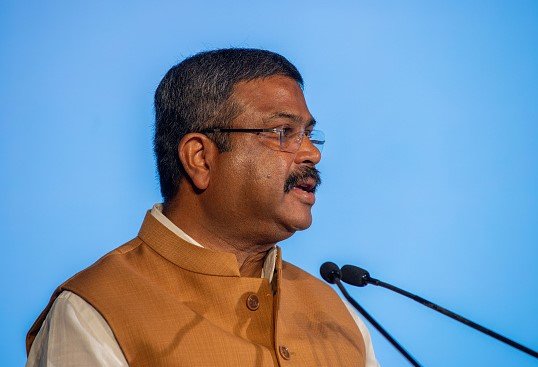Zoho co-founder Sridhar Vembu revealed that the company’s messaging app, Arattai, appears simple but rests on 20 years of in-house engineering and research. In a recent post on X, Vembu highlighted the app’s robust tech foundation, built over decades, as it gains traction as India’s homegrown rival to WhatsApp.
The Hidden Power Behind Arattai
Vembu shared insights into Arattai’s core technology in his latest online update. He explained that the app uses Zoho’s own messaging and audio-video framework, developed for about 15 years. This setup ensures fast connections and clear calls across Zoho’s platforms.
Users often see Arattai as a straightforward chat tool, but Vembu stressed its depth. The app draws from a distributed system that handles large-scale operations, balancing workloads across servers and databases. This framework also manages fault tolerance, security, and performance monitoring, refined over two decades.
Arattai, meaning “chat” in Tamil, launched as a privacy-focused alternative to global apps. It offers features like video calls, location sharing, meetings, calling, pocket storage, and mentions, all without ads or forced AI. Recent reports show it topping app store charts in India, with sign-ups surging 100 times in just three days.

Vembu’s Shift to Full-Time Research
Sridhar Vembu, the billionaire entrepreneur behind Zoho Corporation, has now dedicated himself fully to research and development. He mentioned this move in his post, promising more innovations ahead. Vembu built Zoho from rural India after leaving Silicon Valley, focusing on self-reliant tech.
His journey inspires many in the tech world. Starting with a small team, Vembu grew Zoho into a global software giant without outside funding. Today, the company serves millions worldwide, emphasizing privacy and local innovation.
Vembu praised his Arattai team for their patience over years of quiet work. He compared dedicated engineers to ancient sages, urging them to ignore praise or criticism and stay focused.
How Arattai Stands Out in the Market
Arattai positions itself as a “Swadeshi” or homegrown app, free from monopoly concerns. Vembu took a subtle jab at WhatsApp, stating Zoho avoids such dominance. The app runs smoothly even on low-end phones, making it accessible to a wide Indian audience.
Recent endorsements boost its popularity. Business leader Anand Mahindra announced he downloaded Arattai with pride, sparking more interest. This comes amid growing calls for data privacy and local tech solutions in India.
Here are key features that set Arattai apart:
- End-to-end encryption for secure chats
- No data mining or ads
- Integrated tools for work and personal use
- Support for large group calls
The Broader Impact on Indian Tech
Arattai’s rise reflects India’s push for digital independence. With over a billion smartphone users, the country seeks alternatives to foreign apps amid privacy worries. Vembu’s vision aligns with national goals like “Make in India,” promoting local R&D.
Experts note that Zoho’s approach could inspire other startups. By building everything in-house, the company avoids dependencies on global tech giants. This model has helped Zoho weather economic shifts and expand steadily.
Looking ahead, Arattai plans more updates. Vembu hinted at features WhatsApp still lacks in 2025, like advanced privacy controls. As user numbers grow, it could challenge established players.
| Aspect | Arattai | |
|---|---|---|
| Origin | India (Zoho) | USA (Meta) |
| Ads | None | Present in some regions |
| Privacy Focus | High, no forced AI | Data collection concerns |
| Tech Depth | 20+ years in-house | Acquired tech integrations |
| Accessibility | Runs on low-end phones | Varies by device |
Challenges and Future Prospects
While Arattai gains buzz, it faces hurdles like user adoption and competition. Many stick with familiar apps, but its spyware-free claim attracts privacy-conscious users. Vembu remains optimistic, betting on long-term value over quick wins.
The app’s success ties into broader trends, such as India’s data protection laws enacted in 2024. These rules encourage local apps, giving Arattai an edge.
In summary, Vembu’s revelations showcase Zoho’s commitment to deep tech. As Arattai evolves, it could reshape messaging in India and beyond. Share your thoughts on this homegrown app in the comments below, and spread the word if you think it deserves more attention.








